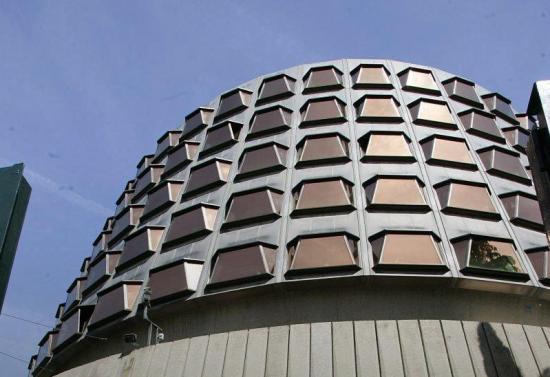It’s been more than two years since I last wrote on this blog. After the November 2012 elections the process was in the hands of the politicians, President Mas won the elections with the promise of holding a referendum and the international media increased interest on the subject. Mission accomplished. I limited my contribution through CataloniaDirect to the occasional tweet when anything worth mentioning happened (which was not very often).
Still, now that we are getting close to the birth of the Catalan Republic I feel like writing about it again. Even if just occasionally.
The last couple of years I often refrained from writing because it would have involved invariably criticising Catalan politicians, the very people who would have to eventually leave their differences aside if this was to suceed. They drove me insane at times, other times I lost hope. Glad that is mostly in the past now.
However, from the last 3 years three days are worth mentioning.
Day 1 – September 11th 2013, the 400km Via Catalana (Catalan Way). 2 million people holding hands across the country on . I was lucky enough to be there taking pictures. I will never forget that afternoon.
Day 2 – September 11th 2014 The Big V (for Vote) demonstration in Barcelona. Involving again about 2 million people. I had my doubts, it was so ambitious that I was afraid people would be tired of doing these mass demonstrations. I was mistaken.
Day 3 – The November 9th 2014 Referendum
We all knew Spain would never agree to a referendum. Rajoy kept saying everyone stay calm, no referendum would take place in Catalonia. That was my biggest hope, if Rajoy said it wouldn’t happen that had to mean one way or another it would. Mas astutely manouvered, challenged Spain and went ahead and hosted the promised referendum on November 9th 2014 anyway. Catalonia’s was to take place shortly after Scotland’s. The comparison between the UK and Spain was stark. Threats, insults, legal prosecution but nothing we weren’t used to. Mas also managed to irate the other Catalan parties who wanted a more confrontational attitude but I guess when you make decisions you can’t make everyone happy.
Using the Generalitat’s civil servants was not a possibility because Spain threatened them with losing their jobs. So the week before the referendum the Generalitat publicly requested for 20000 volunteers. I immediately registered. All positions were filled within a few hours. My job would be to check the amount of votes cast in each of the 8 tables and call the central at the end of the day with the final results.
So I flew back from Germany, were I live at the moment, and spent a lovely weekend in Barcelona. On the day of the voting I woke up at 6am and checked the news just in case the Spanish Government had carried out their threats to send the Guardia Civil to close down the voting points. I know this may sound ridiculous, but read the Spanish news that week if you don’t believe me. In the end everything was quiet, only threats. Pictures of the Spanish police taking away ballot boxes would have looked really bad on the international press.
I got to the voting school in a part of the city I don’t know well. There was a couple of Mossos d’Esquadra, the Catalan police, at the corner. They weren’t supposed to be inside the voting point because it was not a normal referendum but the Generalitat sent them anyway in case violent groups attempted to carry out the threats to disrupt the voting. I was relieved to see the Mossos there.
It was a glorious day. Thousands of people voting as if making a birthday wish, hoping for a better future with big smiles on their faces. At times it got hectic, crowds of people eager to vote and we had to make them wait in line for their turn to vote.
Since the referendum had not been agreed with Spain it was not legally binding. 2.3 million people voted in spite of the threats, the good weather and it not being binding. Almost two million voted Yes/Yes (yeah it was a double question, us Catalans are complicated like that). But nevertheless we know at least 2 million Catalans want independence, which out of about 5 million voters is a huge chunk. It also felt good to do a little disobedience against Spain.
I wasn’t entirely happy with the fact that every person in the organisation was a die hard pro independence activist, but also understandable since normally you’d think of better things to do on a sunny sunday than spend 14 hours at a voting point hosting a referendum under threat of a hostile State. But above being independentists we are democrats and the counting of the votes was meticulous and thorough.
In order to spare the volunteers from the wrath of Spain all names and records were deleted after the voting. In the end the only victims have been President Mas and Vicepresident Ortega and Education Minister Rigau who now face a criminal lawsuit for prevarication, disobedience and misuse of public funds. Yeah Spain was still Spain, someone had to be punished for voting.










